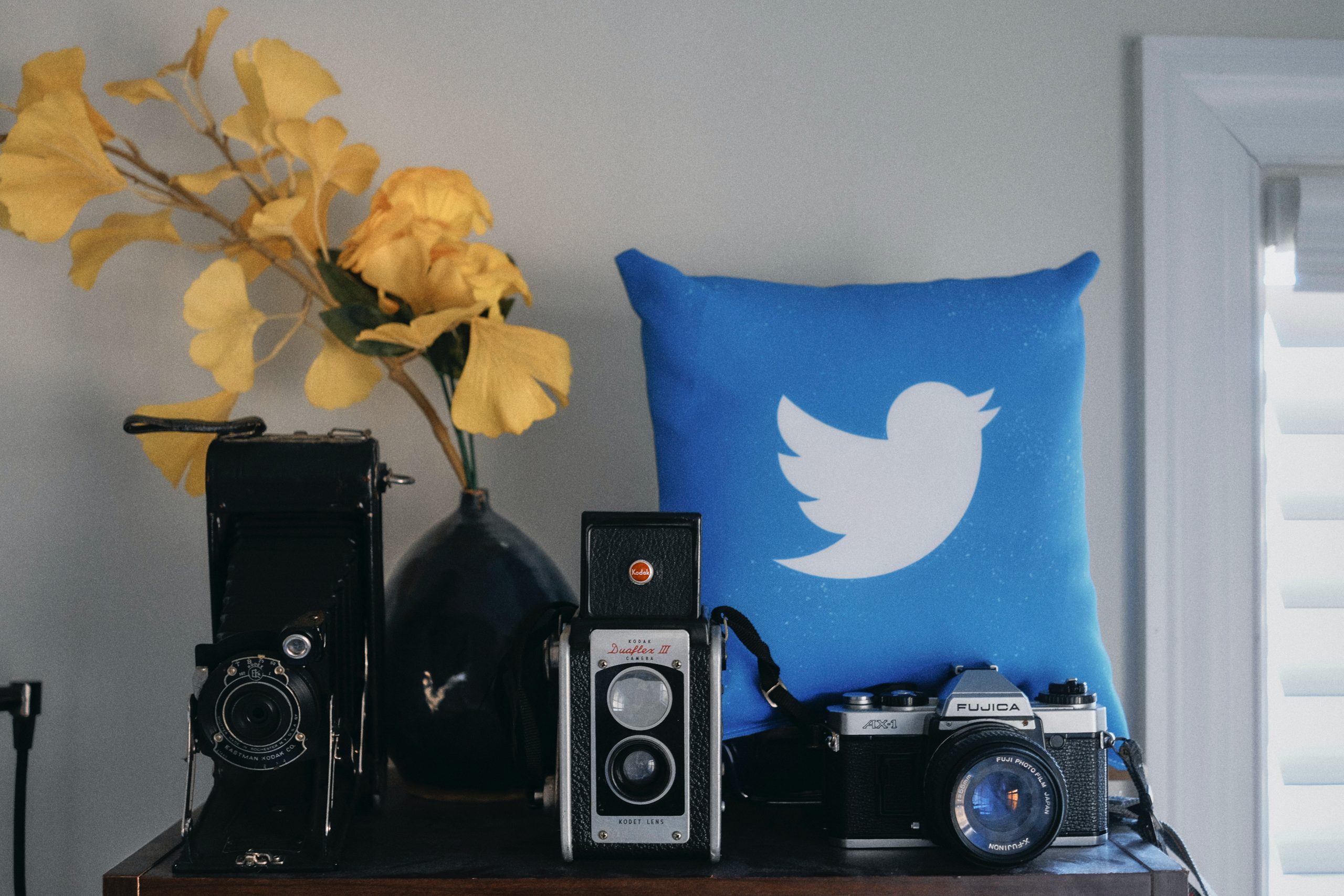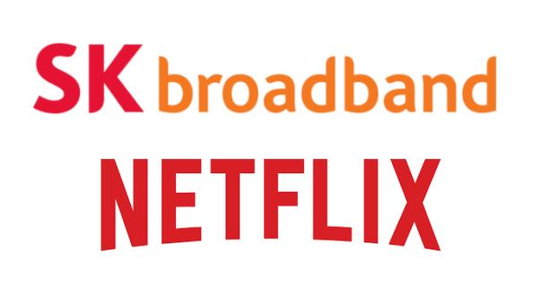Elon Musk is known for his innovative ideas, futuristic technology, and bold statements. But lately, the billionaire entrepreneur has been making headlines for a different reason – his controversial tweets. From sharing memes that some find offensive to spreading misinformation about COVID-19, Musk’s Twitter activity has led many to question whether he’s pushing the boundaries too far. And he’s not alone – hate speech and extreme content have become increasingly prevalent on social media platforms worldwide. In this blog post, we’ll explore the rise of online extremism and examine how it affects our society as a whole. So buckle up and get ready for a thought-provoking ride!
The Problem with Elon Musk’s Twitter
The Problem with Elon Musk’s Twitter
Since launching his twitter account in 2006, Elon Musk has become known for his innovative ideas and daring business ventures. However, in recent years his tweets have been drawing criticism for promoting hate speech and extreme content on the social media site.
Some of the most controversial tweets by Elon Musk include comments about fatal accidents caused by Tesla vehicles, attacks on journalists, and calls for violence against political opponents. In some cases, these messages have resulted in real-world consequences, such as public backlash and financial losses for Tesla Inc. and SpaceX.
Although Elon Musk may not be deliberately inciting violence or promoting hate speech, these tweets are still inflammatory and could lead to harm either physically or emotionally. As a result, it is important that we take a closer look at how he uses twitter to communicate and consider whether his methods are appropriate given the platform’s limitations.
The Rise of Hate Speech and Extreme Content on Social Media
It has now become commonplace to see social media platforms filled with hate speech and extreme content. With the rise of populism and extremist groups across the globe, this type of online behavior has become increasingly commonplace.
Elon Musk’s Twitter is one such platform that has seen its share of toxicity lately. The Tesla and SpaceX CEO has come under fire for his tweets regarding North Korea and refugees. Some have called for him to be fired from his positions at both companies, while others have defended him.
Musk’s tweets are hardly unique in terms of their level of toxicity. Recent studies have shown that social media platforms are increasingly being used to spread hatred and extremism. In fact, a study by the George Washington University found that “almost half (48%) of all users who shared a political tweet between May 16th-19th described themselves as very conservative” while only 23% identified as very liberal. This level of polarization is not limited to just Twitter; it can be found on all social media platforms surveyed, including Facebook, Instagram, and YouTube.
There are a number of reasons for this increase in extremism on social media. One reason is that social media platforms have become an easy way for people to connect with each other online. This means that extremists can easily find like-minded individuals who share their views, which can lead to them becoming more radicalized.
Another reason for the increase in extremism on social media is the way that these
What Elon Musk Can Do to Fix the Problem
Elon Musk’s Twitter account has been a controversial topic in the social media world for some time now. Some people argue that his tweets are pushing the boundaries too far, while others say that he is simply trying to be funny. Either way, there is no denying that his tweets are often controversial and highly entertaining.
One of the issues that Musk has faced with his Twitter account is the growing problem of hate speech and extreme content on social media. Social media platforms like Twitter have become a breeding ground for this kind of content, and it is spreading faster than ever before.
Musk can help to solve this problem by encouraging more responsible use of social media. He can also work to make sure that his own Twitter account is respectful and does not contribute to the spread of hate speech and extreme content.
Conclusion
The saying goes that “any publicity is good publicity.” And for many businesses, the more attention a product or brand gets, the better. This is especially true in today’s social media world where any celebrity with a Twitter account can instantly become a household name. But this level of exposure has some drawbacks; namely, the increase in hate speech and extreme content on social media platforms. Elon Musk is an example of someone whose success has come at the expense of other people. He started out as a successful businessman, but his recent antics on Twitter have raised concerns about his judgment and pushed the boundaries too far. What started out as harmless banter between friends (i.e., calling Kim Jong Un “a real sweetheart”) quickly turned into Holocaust denial and attacks against journalists who he perceived as being negative towards him and Tesla Motors (his company). In this day and age, when social media platforms are used to mobilize protests or spread misinformation about events such as the London Bridge attack or Hurricane Florence, it is important for us to be particularly sensitive to how our words can be interpreted.









